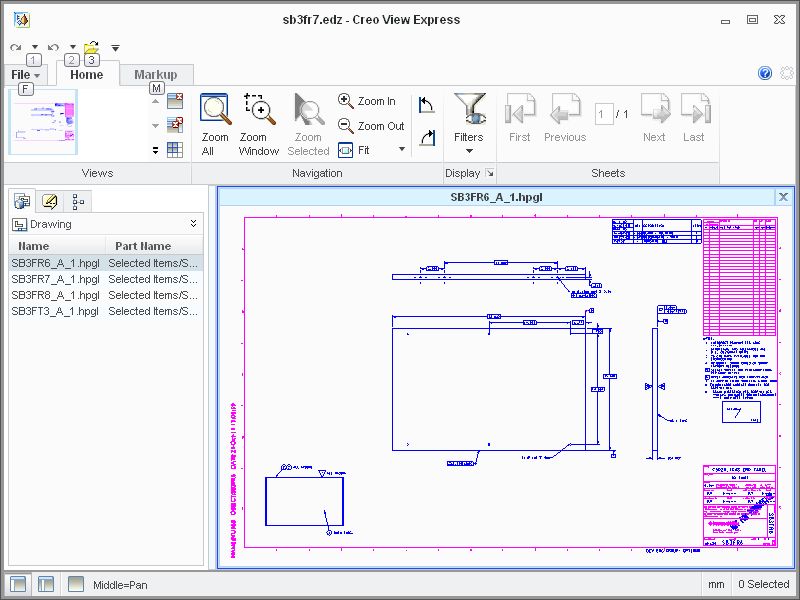
With this new app, users of any experience level can open, zoom, pan, rotate, browse, and explore product designs when you’re on the go.
to be elected at the age required by law ( lex Villia annalis): suo (legitimo) anno creari (opp.Creo View Mobile, the free Creo viewing application, is now available for free on both iPad and iPhone!. to be elected unanimousl: omnes centurias ferre or omnium suffragiis, cunctis centuriis creari. to be chosen consul at the elections: comitiis consulem creari. to endanger, imperil a person or thing: alicui periculum creare, conflare. God made the world: deus mundum aedificavit, fabricatus est, effecit (not creavit). Carl Meißner Henry William Auden (1894) Latin Phrase-Book, London: Macmillan and Co. creo in Gaffiot, Félix (1934) Dictionnaire illustré latin-français, Hachette. 
Lewis (1891) An Elementary Latin Dictionary, New York: Harper & Brothers Lewis and Charles Short (1879) A Latin Dictionary, Oxford: Clarendon Press → Middle English: createn ( see there for further descendants).→ French: créer ( see there for further descendants).Sardinian: criai ( Campidanese ), criare ( Logudorese ).The sigmatic future is generally ascribed a future or future perfect meaning, while the sigmatic aorist expresses a possible desire ("might want to"). Synonyms: prōcreō, genō, gignō, suscipiō, ēdō, cōnītor, ēnītor, pariō, prōdō, efficiōĬonjugation Conjugation of creō ( first conjugation)Ĭreātus + present active indicative of sumĬreātus + imperfect active indicative of sumĬreātus + future active indicative of sumĬreātus + present active subjunctive of sumĬreātus + imperfect active subjunctive of sumġAt least one use of the archaic "sigmatic future" and "sigmatic aorist" tenses is attested, which are used by Old Latin writers most notably Plautus and Terence. ( figurative, poetic ) : I beget, give birth to.
 I choose, elect Synonyms: adoptō, optō, dēligō, ēligō, dēstinō, dēsūmō, sēpōnō, legō, sūmō, capiō. I create, I give existence to, I form out of nihility or out of other materials: I make, I produce, I originate (transitively). ( Ecclesiastical ) IPA ( key): /ˈkre.o/, Ĭreō ( present infinitive creāre, perfect active creāvī, supine creātum) first conjugation. Inherited from Proto-Indo-European *ḱreh₁- eh₂yéti, from the root *ḱer- ( “ to grow, become bigger ” ), whence also Latin crēscō. c'ero, cero, cerò, core, ocre, reco, recò. first-person singular present indicative of creare. first-person singular present indicative of crer. first-person singular present indicative form of crear. first-person singular present indicative of crear.
I choose, elect Synonyms: adoptō, optō, dēligō, ēligō, dēstinō, dēsūmō, sēpōnō, legō, sūmō, capiō. I create, I give existence to, I form out of nihility or out of other materials: I make, I produce, I originate (transitively). ( Ecclesiastical ) IPA ( key): /ˈkre.o/, Ĭreō ( present infinitive creāre, perfect active creāvī, supine creātum) first conjugation. Inherited from Proto-Indo-European *ḱreh₁- eh₂yéti, from the root *ḱer- ( “ to grow, become bigger ” ), whence also Latin crēscō. c'ero, cero, cerò, core, ocre, reco, recò. first-person singular present indicative of creare. first-person singular present indicative of crer. first-person singular present indicative form of crear. first-person singular present indicative of crear. 
-core, CORE, Core, ROCE, cero, cero-, co-r.e., core, ocre.First, I have to agree with you regarding the many creo sites and their unqualified interpretations of fossil evidence







 0 kommentar(er)
0 kommentar(er)
